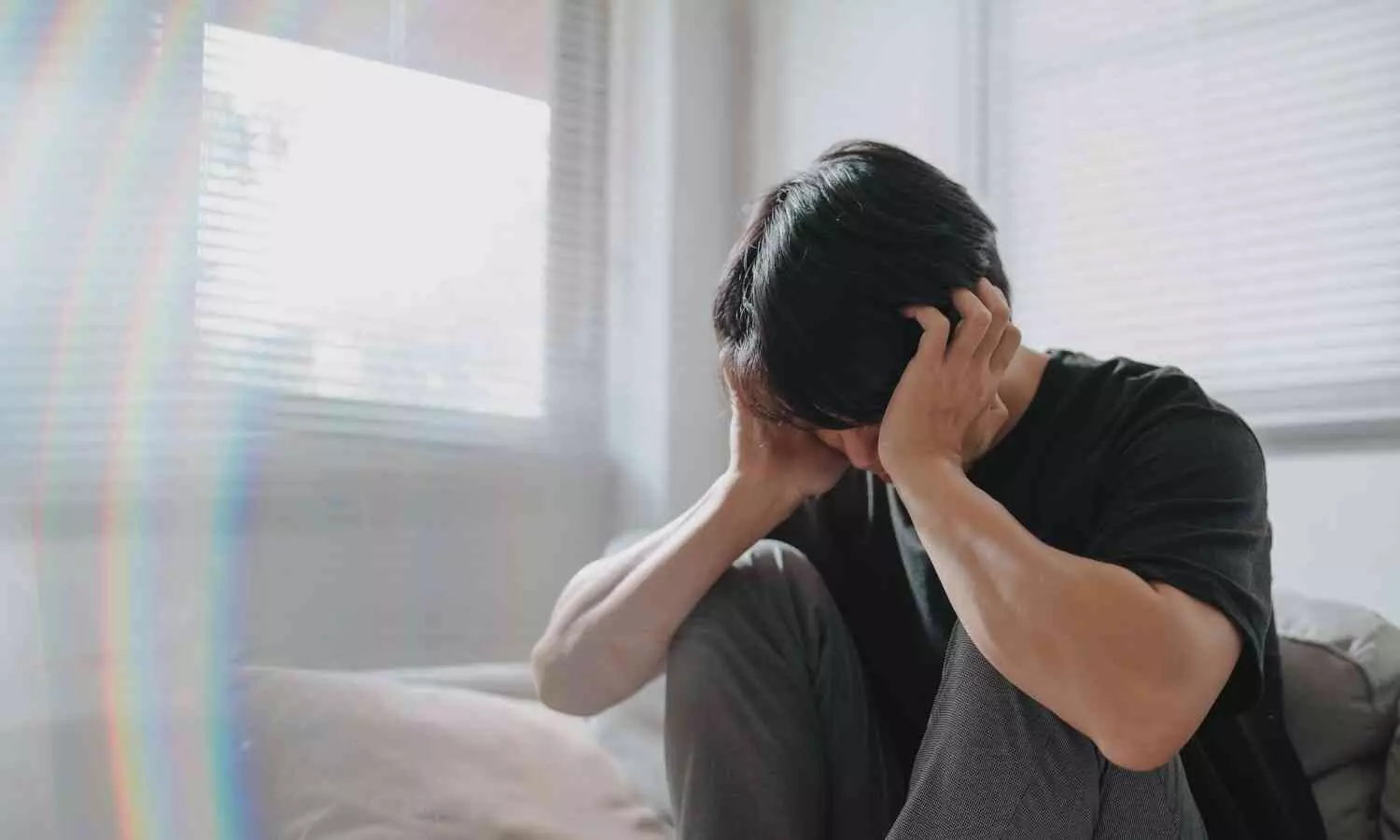Mental Health Support and Stigma Reduction for Adolescent Wellbeing: Experts

New Delhi: Addressing mental health challenges and eliminating stigma is vital for the well-being and development of adolescents, emphasized psychology experts on Friday. Adolescence is a critical phase marked by rapid physical, psychological, and social changes, often leading to heightened stress levels. Studies indicate a rising prevalence of stress among adolescents, posing a significant threat to their mental health.
Experts highlight that adolescent psychological well-being is shaped by various biological and behavioral factors. Brain development, hormonal changes, bullying, coping mechanisms, and resilience all play crucial roles in shaping mental health outcomes.
“The effects of bullying extend far beyond the immediate experience, leaving deep psychological scars. Many individuals who experience bullying struggle with anxiety, depression, low self-esteem, and, in severe cases, thoughts of self-harm,” said Prof. Rajesh Sagar, Professor of Psychiatry at AIIMS New Delhi.
He emphasized that tackling this growing crisis requires a collaborative approach involving researchers, educators, and healthcare professionals to foster resilience and create safer environments for adolescents. Prof. Sagar was speaking at a policy event in the national capital focused on developing strategies and interventions for adolescent mental health in India. The event underscored the need to equip young individuals with life skills that enhance their ability to cope with stress.
Prof. Pallab Maulik, Director of Research at The George Institute for Global Health India, highlighted the urgency of addressing adolescent mental health in India. “With over 250 million adolescents in the country, ensuring their psychological well-being is essential for the nation’s future. These young individuals will shape the country in the coming decades, making it imperative to implement measures that support their mental health,” he stated.
The discussion also underscored the responsible use of technology and social media, recognizing their potential to offer mental health support while minimizing associated risks.
At another event in New Delhi, Dr. Pratima Murthy, Director of NIMHANS, stressed the importance of raising awareness and enabling early diagnosis of mental health disorders. “One in ten people suffers from a diagnosable mental disorder,” she noted, emphasizing that mental illnesses should be recognized and treated like any other health condition.
Dr. Murthy also pointed to advancements in genetics and brain imaging, highlighting their potential to enhance mental health treatments.


